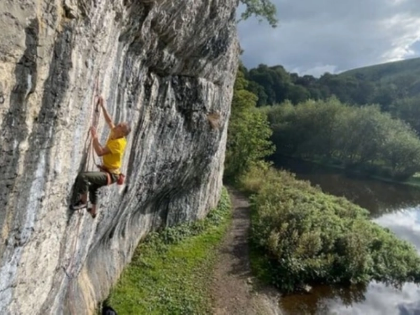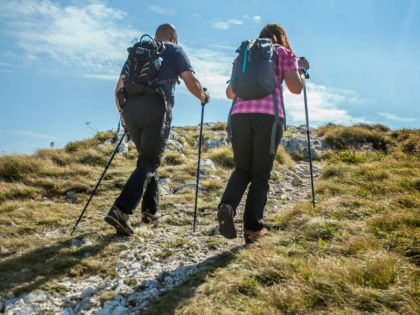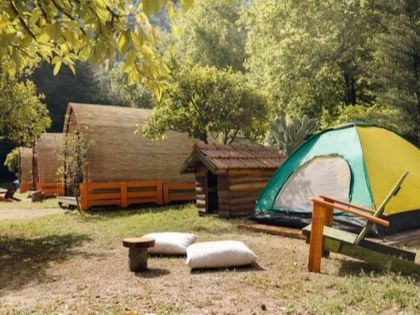Is it Better to Be Skinny For Rock Climbing?
A specific weight is required for several climbing competitions. Climbers strive for the ideal strength-to-weight ratio, which explains why. This often means being extremely slender. That doesn't imply larger men or women can't climb, though. Climbing rocks is an excellent total-body exercise that increases muscle and burns calories. Strengthening workouts that do not require bulking up include chin-ups, push-ups, and pull-ups.
Weight
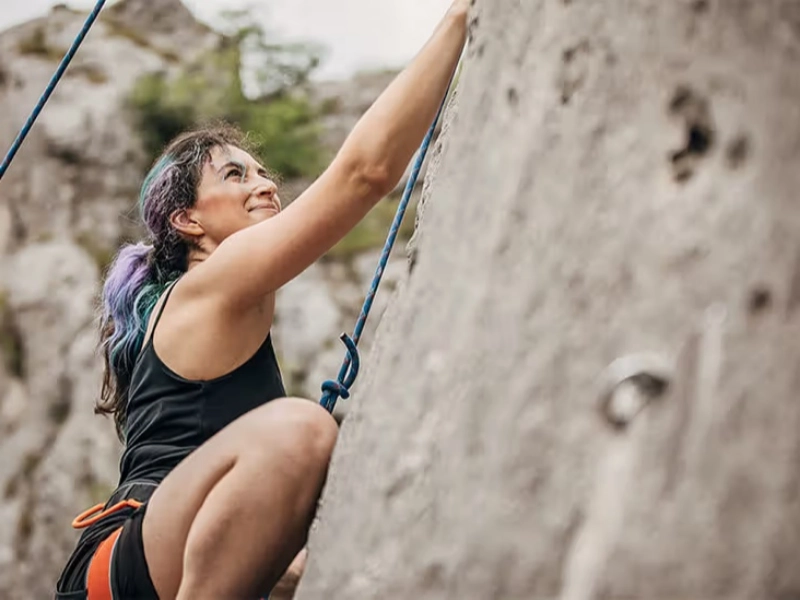
Strength
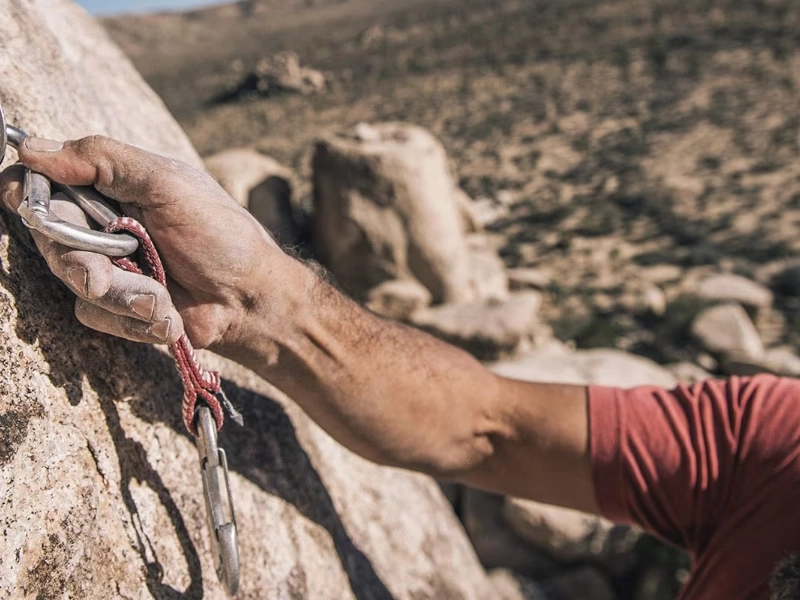 One topic that comes up if you hang around with rock climbers a lot is the significance of having a high strength-to-weight ratio. The main determinant of your climbing difficulty is your ability to drag your body up the rock, which is the essence of climbing.
Leanness is often desired by climbers in order to reduce their total body weight. This can facilitate their ascent via the routes and help them achieve a better strength-to-weight ratio.
Climbers must also maintain a healthy balance between their muscle and fat mass. Excess fat can have the same detrimental effects as excess muscle since large muscles weigh more per volume than fat.
To obtain their ideal climbing body composition, climbers must strike a balance between strength training and a nutritious diet. For some people, this can include consuming less red meat.
One topic that comes up if you hang around with rock climbers a lot is the significance of having a high strength-to-weight ratio. The main determinant of your climbing difficulty is your ability to drag your body up the rock, which is the essence of climbing.
Leanness is often desired by climbers in order to reduce their total body weight. This can facilitate their ascent via the routes and help them achieve a better strength-to-weight ratio.
Climbers must also maintain a healthy balance between their muscle and fat mass. Excess fat can have the same detrimental effects as excess muscle since large muscles weigh more per volume than fat.
To obtain their ideal climbing body composition, climbers must strike a balance between strength training and a nutritious diet. For some people, this can include consuming less red meat.
Technique
 In rock climbing, we often concentrate on strengthening our muscles rather than honing our technique. The good news is that, regardless of your body type, you can do this. The majority of climbers could actually safely lose half a stone and notice a significant improvement in their climbing.
Climbers tend to be slender because the sport demands a lot of strength and stamina, and it might be more difficult the heavier a person is. Furthermore, having a lot of muscle might strain your arms and make climbing more difficult.
Your past athletic experience and training regimen can have a significant influence on your muscle mass in addition to your body weight, which is another element that influences your climbing ability. For this reason, it's wise to concentrate on strength training in addition to maintaining a nutritious diet and lean body mass. This will help you prevent bulky muscles and help you find your ideal strength-to-weight ratio.
In rock climbing, we often concentrate on strengthening our muscles rather than honing our technique. The good news is that, regardless of your body type, you can do this. The majority of climbers could actually safely lose half a stone and notice a significant improvement in their climbing.
Climbers tend to be slender because the sport demands a lot of strength and stamina, and it might be more difficult the heavier a person is. Furthermore, having a lot of muscle might strain your arms and make climbing more difficult.
Your past athletic experience and training regimen can have a significant influence on your muscle mass in addition to your body weight, which is another element that influences your climbing ability. For this reason, it's wise to concentrate on strength training in addition to maintaining a nutritious diet and lean body mass. This will help you prevent bulky muscles and help you find your ideal strength-to-weight ratio.
Fitness
 All of your muscles, from your fingers and forearms to your legs and core, must be used when climbing. If a climber's diet is adequate for them, this movement can help them lose weight because it burns calories. Muscle is also gained, and if a climber can manage the amount of muscle they get (for example, through diet and bodyweight training), this can aid with strength-to-weight ratio.
But bad technique still prevents many climbers with little to no body fat from sending a route. For this reason, regardless of your fitness level, it's critical to practice the climbing skills that will enable you to reach your objectives. This entails using your legs to help with the ascent of a rock wall and using good technique. Including heart rate zone-based, low-impact cardiovascular training on a regular basis can also help you climb better, depending on your current fitness level.
All of your muscles, from your fingers and forearms to your legs and core, must be used when climbing. If a climber's diet is adequate for them, this movement can help them lose weight because it burns calories. Muscle is also gained, and if a climber can manage the amount of muscle they get (for example, through diet and bodyweight training), this can aid with strength-to-weight ratio.
But bad technique still prevents many climbers with little to no body fat from sending a route. For this reason, regardless of your fitness level, it's critical to practice the climbing skills that will enable you to reach your objectives. This entails using your legs to help with the ascent of a rock wall and using good technique. Including heart rate zone-based, low-impact cardiovascular training on a regular basis can also help you climb better, depending on your current fitness level.


